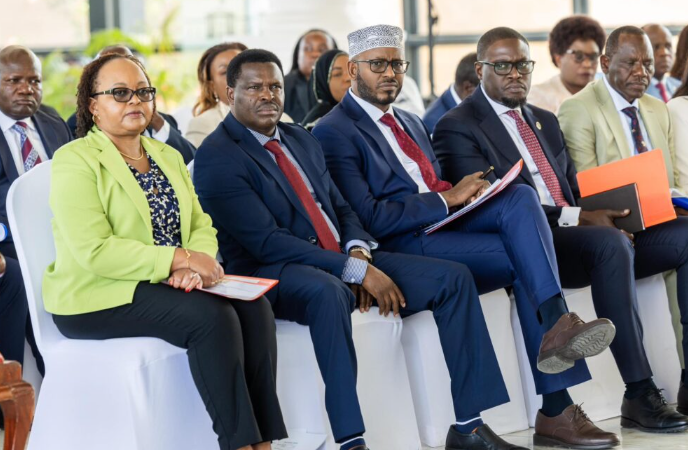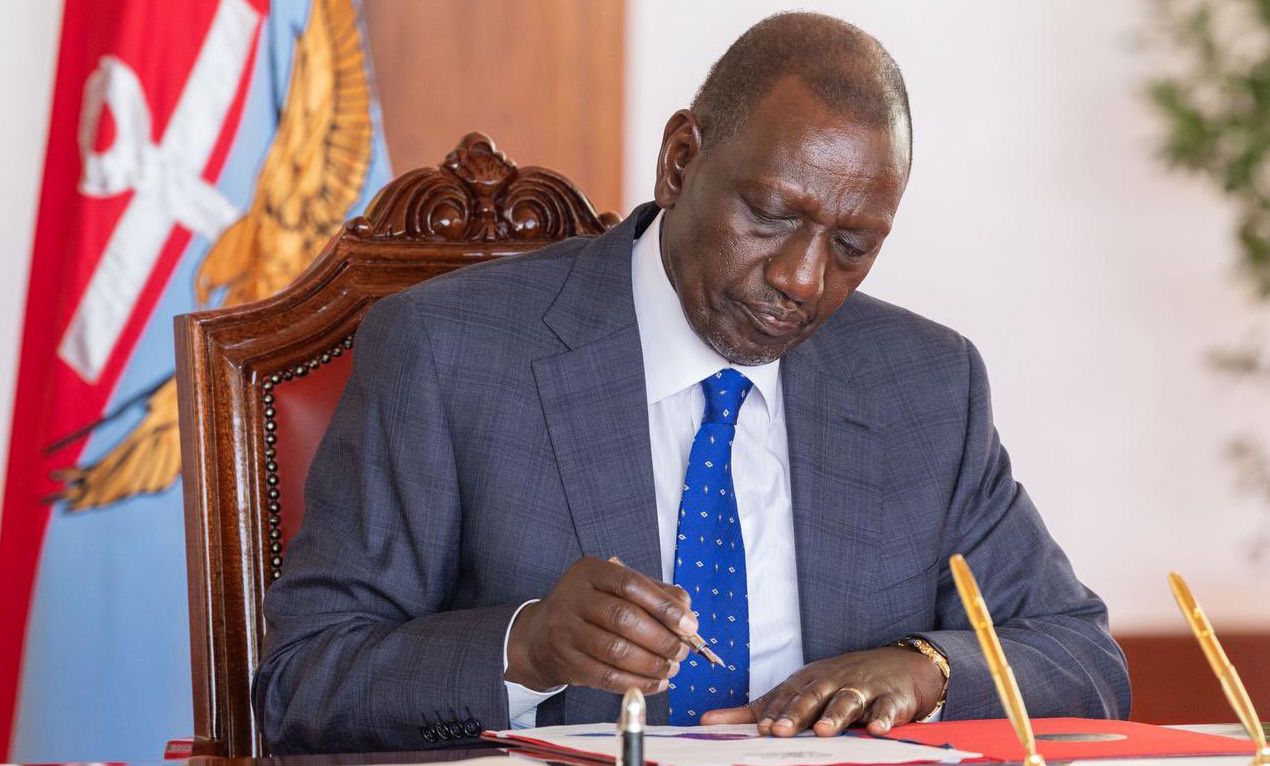The Council of Governors (COG) has called for the immediate withdrawal of the Electronic Government Procurement (e-GP) system, citing implementation challenges that threaten service delivery across counties.
In a statement released on Monday, September 1, the governors raised serious concerns about the system's rollout, arguing that it undermines county governments' constitutional mandate and lacks proper legal foundation.
“The e-GP system, as currently implemented, undermines the distinct status of County Governments as provided in the Constitution."
The governors argue that the system violates principles of devolved governance, stating that adequate consultation and stakeholder involvement were not conducted before the system's introduction.
"We therefore call on the National Treasury to immediately withdraw the Circular directing Counties to implement this e-GP until proper consultation, legal alignment, and capacity-building are undertaken," the statement reads.
Read More
According to the COG statement, the rushed implementation has created significant operational difficulties.
“Only three Counties participated in the pilot, yet the system was enforced nationally before addressing the initial findings identified,” COG added. “Inadequate sensitization and training has paralyzed procurement processes.”
The governors' opposition comes amid Treasury Cabinet Secretary John Mbadi's aggressive push for full adoption of the digital procurement platform.

Last week, Mbadi issued a directive requiring all state departments to comply with the new system, warning that procurement processes would not proceed without compliance.
Mbadi had set a strict timeline, requiring all departments to transition to the digital platform within a week of his announcement.
The Treasury CS emphasized that the government had conducted extensive training programs, including webinars for over 5,000 officers across the government system.
The new platform was designed to enhance transparency and accountability by covering the entire procurement cycle, from budgeting to payment stages.
Mbadi argued that unlike the current system where procurement becomes manual after budget upload to IFMIS, the new system provides end-to-end digital coverage.
The CS had dismissed claims that Parliament could revoke the e-Procurement system, asserting that the National Treasury remains the sole custodian of the country's financial management systems.
He suggested that opposition to the system stems from desires to maintain manual processes that allow for procurement manipulation.






